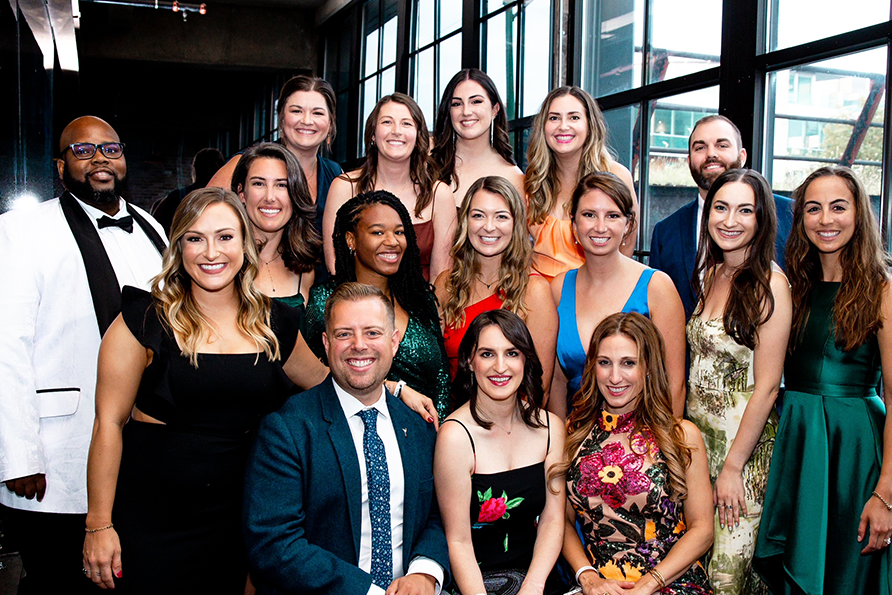Listening is much like driving: everyone thinks they’re great at it, so few take the time to consider how to improve. But listening is a skill that can be honed and perfected to create greater employee buy-in, increased team morale, and overall organizational success. It can also lead to more genuine, authentic, and symbiotic relationships.
The remote working environment presents its own opportunities to improve listening skills and strengthen connections, but first you must be aware of some myths about being a good listener.

Common listening technique pitfalls
Because most people think they are a good listener, they think they know what makes a good listener. Don’t interrupt the other person, nod along and give affirmative body language and spoken cues, and repeat back, almost verbatim, what was said, to show you have listened well.
And the general advice and coaching around listening is much the same. Stay quiet while the other person talks, nod along, and then say something like “To clarify, you’re saying…” But these approaches actually fall short of quality listening. They may have worked well for taking notes during college lectures, but they barely scratch the surface of best practices for conversational listening and all its nuances.
What makes a great listener
To be a great listener, you must be an active and engaged listener. Any stimulating conversation includes multiple points of view, which means listening is not a one way street, but rather a mutual exercise of understanding with another person.
A great listener will be active and offer new insights, or gently push back against old assumptions. They ask constructive and thoughtful questions that show they weren’t just listening, but that they were interested and cared enough to want more information.
They also skillfully offer feedback in a way that inspires action. It isn’t easy for anyone to accept critical feedback, but the best listeners find a way to make that feedback digestible and inspiring, instead of defeating and deflating.
On the other hand, a poor listener is competitive and quick to be critical without intention. They use their silence to find errors in reasoning or logic and prepare a scathing remark. These qualities may work well in a courtroom, but for a positive and symbiotic conversation, they only add needless negativity. Great listeners, on the contrary, challenge the speaker because they want to help or improve on an idea, instead of wanting to win an argument.

Combating bias and distraction
There’s more to a listening approach than just digging deeper on typical best practices. Outside and inherent forces also impact our listening ability. Conversation biases and assumptions and external and internal distractions can all detract from a quality conversation.
To combat your bias, enter every conversation with an open mind. Instead of thinking a certain conversation will be a waste of time, try to see what new you can learn from it. And don’t try to predict how a conversation will go, either—that causes you to subconsciously participate in the conversation on autopilot.
Distractions are also clear hindrances to being a great listener, but not in the way you may think. Sure, in a remote environment, our devices (and maybe our pets) may constantly beg for our attention. But our internal monologue is a dominant distraction that can seriously change the flow of a conversation, making it about emotion and selfish desires instead of a mutual exchange.
Authentic, positive connection
Quality listening may typically be thought of as acting like a sponge to soak it all in, but in reality an attentive and engaged listener is more like a springboard. They don’t just take everything in and nod their head; they bring valuable nuance and suggestions to the conversation to amplify, empower, and inspire new ideas and approaches.
Great listeners create beautiful, genuine, and authentic connections that inspire both parties to be their best and most positive. It requires patience and self-control, but by becoming a better listener, you can begin to truly elevate your connections and enjoy mutual benefit.









